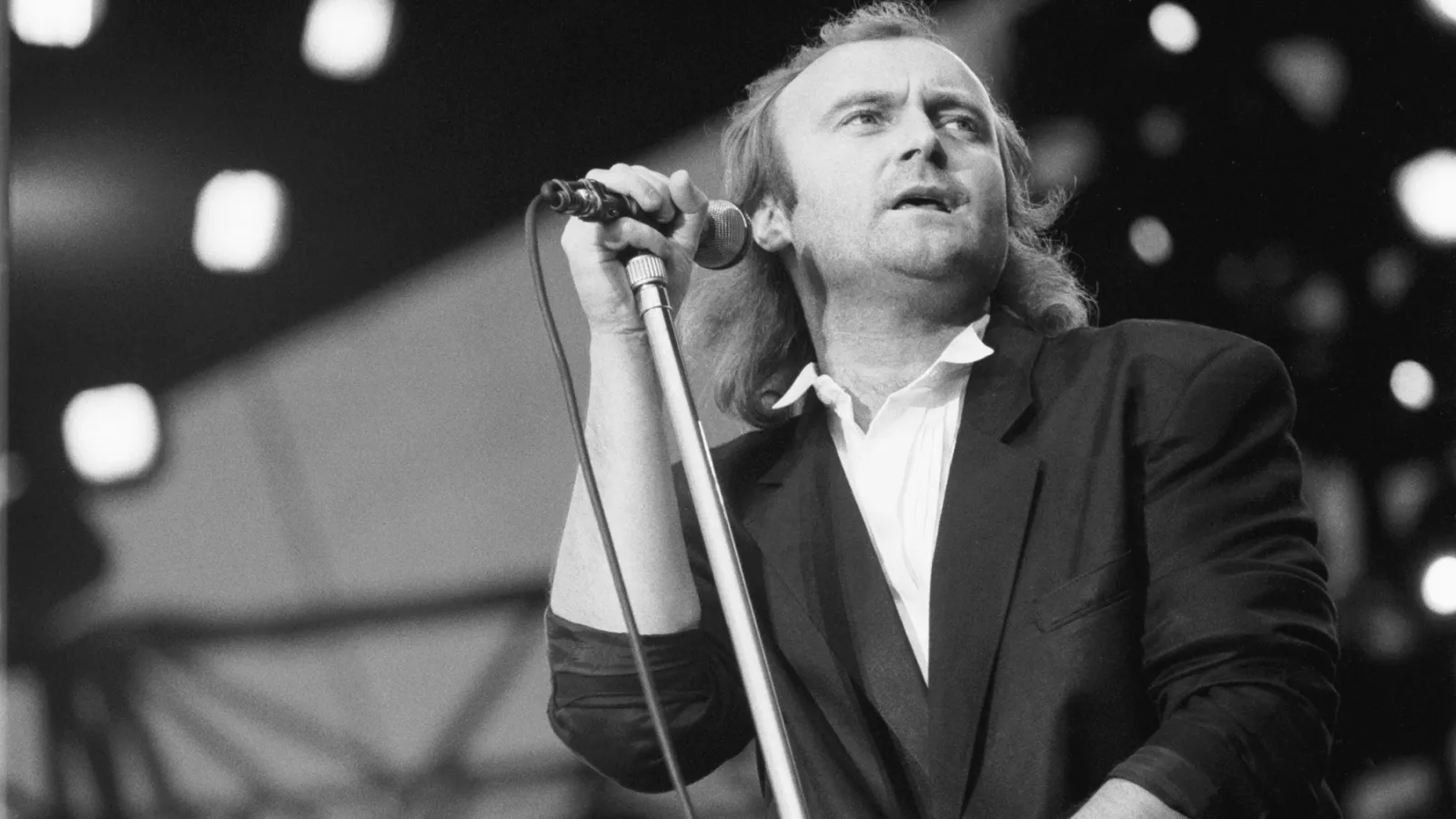
A Raw Anthem of Emotional Liberation and Defiance
In the annals of Phil Collins‘ illustrious career, few songs resonate with as much raw, unfiltered emotion as “I Don’t Care Anymore.” Released in 1982 as part of his second solo studio album, “Hello, I Must Be Going!”, this track captures a moment in time when Collins was not just finding his voice as a solo artist, but also using it to express deep personal turmoil. It speaks to anyone who has ever felt the profound need to break free from the shackles of past grievances and finally proclaim their own independence.
Upon its release, “I Don’t Care Anymore” climbed to number 39 on the US Billboard Hot 100, a testament to its universal appeal and the growing popularity of Phil Collins as a solo artist. The song’s chart performance might not have reached the pinnacle heights of some of his other hits, but its impact was undeniably profound. For many listeners, it served as an anthem of empowerment and personal liberation.
The story behind “I Don’t Care Anymore” is as compelling as the song itself. At the time, Phil Collins was navigating the turbulent waters of his personal life. The early 1980s were marked by his highly publicized divorce from his first wife, Andrea Bertorelli. This period of emotional upheaval seeped into his music, with “I Don’t Care Anymore” standing out as a cathartic release. In essence, the song is a visceral declaration of moving on—a shedding of past burdens and an embracing of personal freedom.
Musically, “I Don’t Care Anymore” is defined by its stark simplicity and haunting intensity. The song opens with a brooding drumbeat that sets the stage for Collins’ impassioned vocals. His voice carries a weighty authenticity that is both mesmerizing and relatable. As he sings with conviction about letting go and not caring anymore, listeners are drawn into the narrative, feeling every ounce of his frustration and determination.
Lyrically, Collins doesn’t hold back. The words are direct and unflinching, capturing the essence of someone who has reached their breaking point and is ready to step away from whatever—or whoever—has been holding them back. Lines like “Well, you can tell everyone I’m a damn disgrace / Drag my name all over the place” underscore a powerful message of resilience against judgment and criticism.
For many older listeners, revisiting “I Don’t Care Anymore” is akin to flipping through an old photo album—each note and lyric stirring memories long tucked away. It’s a reminder of times when they too may have had to muster the courage to stand up for themselves and assert their independence. There’s an undeniable nostalgia woven into the fabric of this song; it harkens back to a time when music was not just heard but felt deep within one’s soul.
The production of “I Don’t Care Anymore” also deserves mention. Its minimalist approach allows Collins’ drumming prowess to shine through. The drum sound is iconic—sharp yet resonant—and it underscores the urgency and intensity of the song’s message. This technical brilliance adds another layer to its enduring appeal.
As we reflect on “I Don’t Care Anymore,” we recognize it as more than just a song; it is a window into Phil Collins‘ heart during one of his most vulnerable times. It serves as both an intimate confession and a universal rallying cry for anyone who has ever needed to reclaim their life from the clutches of despair.
In today’s fast-paced world, where emotions are often drowned out by noise, revisiting classics like “I Don’t Care Anymore” offers solace and connection. It’s an opportunity for older generations to reminisce about their own journeys while introducing younger listeners to music that transcends time with its honesty and emotional depth.
In essence, “I Don’t Care Anymore” remains a timeless testament to Phil Collins‘ ability to transform personal pain into powerful art—a skill that continues to endear him to fans across generations.
